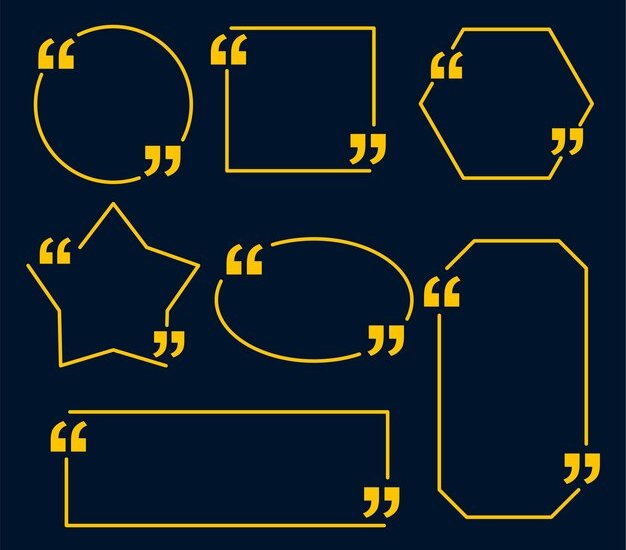Key Quotes from Letters from Birmingham Jail
Injustice anywhere is a threat to justice everywhere.
I must confess that over the past few years I have been gravely disappointed with the white moderate.
We know through painful experience that freedom is never voluntarily given by the oppressor; it must be demanded by the oppressed.
Justice too long delayed is justice denied.
Human progress is neither automatic nor inevitable… Every step toward the goal of justice requires sacrifice, suffering, and struggle.
We must use time creatively, and forever realize that the time is always ripe to do right.
I am in Birmingham because injustice is here.
We have waited for more than 340 years for our constitutional and God-given rights.
Nonviolent direct action seeks to create such a crisis and establish such creative tension that a community that has constantly refused to negotiate is forced to confront the issue.
We have not dedicated ourselves to the noble struggles for equal rights, but have been bogged down in the tragic attempt to maintain the status quo.
One has not only a legal, but a moral responsibility to obey just laws.
One who breaks an unjust law must do so openly, lovingly, and with a willingness to accept the penalty.
An unjust law is a code that a numerical or power majority compels a minority group to obey but does not make binding on itself.
A just law is a man-made code that squares with the moral law or the law of God.
Key Quotes from Letters from Birmingham Jail part 2
Let us all hope that the dark clouds of racial prejudice will soon pass away and the deep fog of misunderstanding will be lifted from our fear-drenched communities.
We will have to repent in this generation not merely for the vitriolic words and actions of the bad people, but for the appalling silence of the good people.
We can never be satisfied as long as the Negro is the victim of the unspeakable horrors of police brutality.
Oppressed people cannot remain oppressed forever.
There comes a time when people get tired of being pushed out of the glittering sunlight of life’s July and left standing amid the piercing chill of an alpine November.
Freedom is never voluntarily given by the oppressor; it must be demanded by the oppressed.
There was a time when the church was very powerful—in the time when the early Christians rejoiced at being deemed worthy to suffer for what they believed.
There is a type of constructive nonviolent tension that is necessary for growth.
I have almost reached the regrettable conclusion that the Negro’s great stumbling block in his stride toward freedom is not the White Citizen’s Counciler or the Ku Klux Klanner, but the white moderate.
Shallow understanding from people of goodwill is more frustrating than absolute misunderstanding from people of ill will.
I have been disappointed with the church.
The hope of a secure and livable world lies with disciplined nonconformists who are dedicated to justice, peace, and brotherhood.
The question is not whether we will be extremists, but what kind of extremists we will be.
There is nothing wrong with a traffic law which says you have to stop for a red light.
We are caught in an inescapable network of mutuality, tied in a single garment of destiny.
Human progress is neither automatic nor inevitable.
In deep disappointment, I have wept over the laxity of the church.
I am cognizant of the interrelatedness of all communities and states.
We must use time creatively, in the knowledge that the time is always ripe to do right.
First, I must confess that over the past few years I have been gravely disappointed with the white moderate.
I have almost reached the regrettable conclusion that the Negro’s great stumbling block in the stride toward freedom is not the White Citizen’s Counciler or the Ku Klux Klanner, but the white moderate.
All segregation statutes are unjust because segregation distorts the soul and damages the personality.
We must come to see that human progress never rolls in on wheels of inevitability.
Justice too long delayed is justice denied.
One who breaks an unjust law must do so openly, lovingly and with a willingness to accept the penalty.
I submit that an individual who breaks a law that conscience tells him is unjust, and who willingly accepts the penalty of imprisonment in order to arouse the conscience of the community over its injustice, is in reality expressing the highest respect for the law.
Let us all hope that the dark clouds of racial prejudice will soon pass away and the deep fog of misunderstanding will be lifted from our fear-drenched communities.
An unjust law is a human law that is not rooted in eternal law and natural law.
I am in Birmingham because injustice is here.
Lamentably, it is an historical fact that privileged groups seldom give up their privileges voluntarily.
It is my hope that as the Negro plunges deeper into the quest for freedom and justice he will plunge even deeper into the philosophy of non-violence.
I have almost reached the regrettable conclusion that the Negro’s great stumbling block in the stride toward freedom is not the White Citizen’s Counciler or the Ku Klux Klanner, but the white moderate.
We are caught in an inescapable network of mutuality, tied in a single garment of destiny.
Justice at its best is power correcting everything that stands against love.
The ultimate measure of a man is not where he stands in moments of comfort and convenience, but where he stands at times of challenge and controversy.
Like a boil that can never be cured as long as it is covered up but must be opened with all its ugliness to the natural medicines of air and light, injustice must be exposed, with all the tension its exposure creates, to the light of human conscience and the air of national opinion before it can be cured.

